Summaries of books about International Relations:
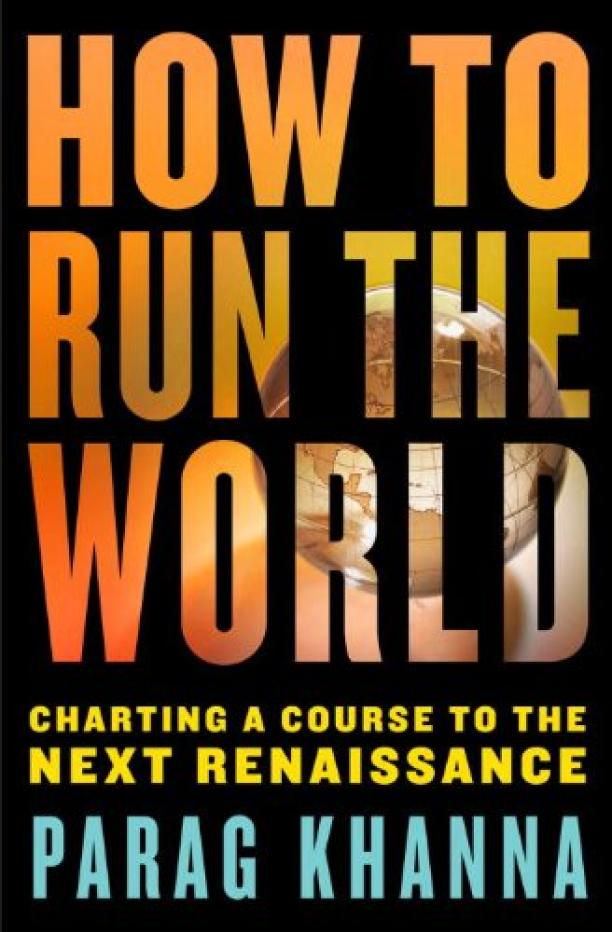
How to Run the World
Charting a Course to the Next Renaissance
Parag Khanna
The book presents a vision of a new Middle Ages-like world order characterized by decentralized power, where governments, corporations, and non-governmental organizations intersect and compete for influence. It argues for a multi-stakeholder approach to global governance, emphasizing the importance of diplomacy, technology, and collaborative networks in addressing the complex challenges of the 21st century.
See full summary
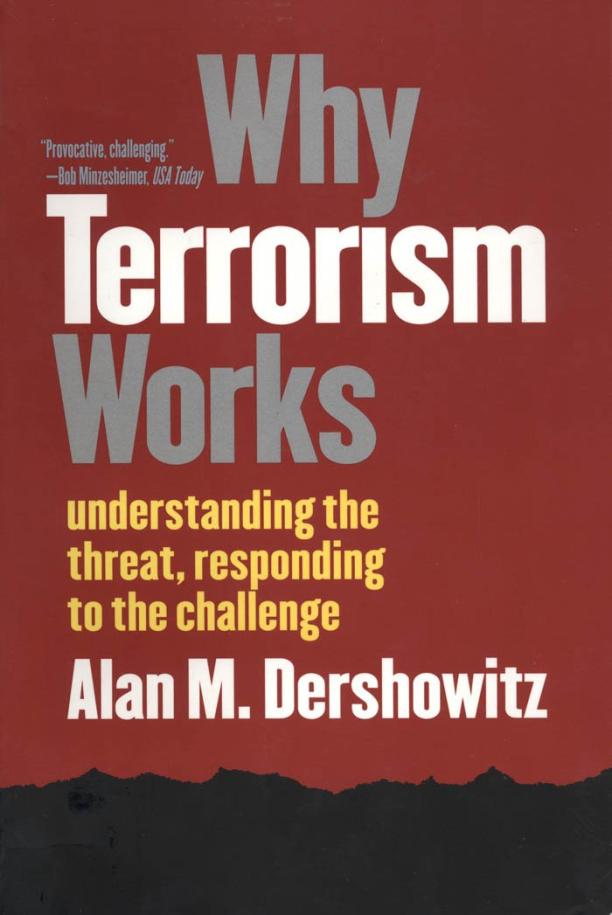
Why Terrorism Works
Understanding the Threat, Responding to the Challenge
Alan M. Dershowitz
The book analyzes the effectiveness of terrorism in achieving political goals, examining how democratic societies are particularly vulnerable to terrorist tactics. It proposes controversial measures, including the issuance of torture warrants and identity cards, to deter future attacks while grappling with the ethical implications of such strategies.
See full summary
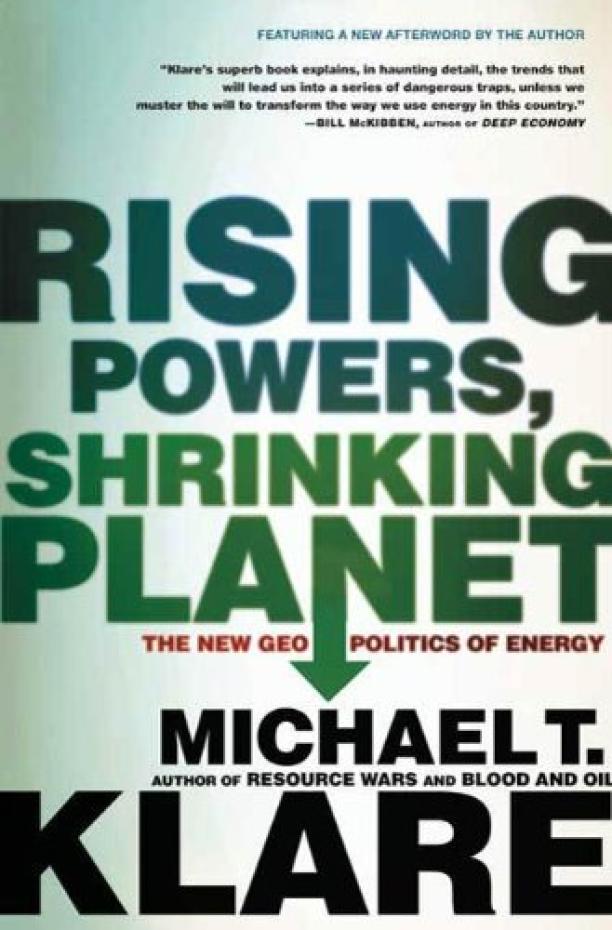
Rising Powers, Shrinking Planet
The New Geopolitics of Energy
Michael T. Klare
The book examines the global competition for dwindling natural resources, particularly focusing on how the increasing demand for energy from emerging powers like China and India is reshaping international relations and leading to potential conflicts. It explores the geopolitical implications of this struggle for energy resources, including military confrontations, alliances, and the impact on the environment and global economy.
See full summary
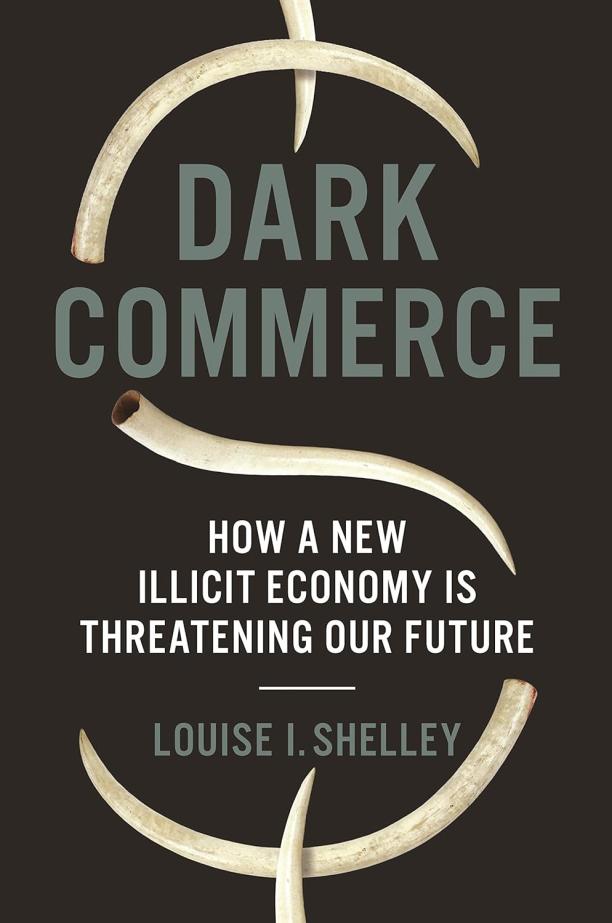
Dark Commerce
How a New Illicit Economy Is Threatening Our Future
Louise I. Shelley
The book examines the rise of a global illicit economy fueled by advancements in technology, globalization, and the increasing interconnectedness of the world. It explores the dark markets that trade in illegal goods and services, from human trafficking to wildlife poaching, and the profound threats these activities pose to security, human rights, and the environment.
See full summary
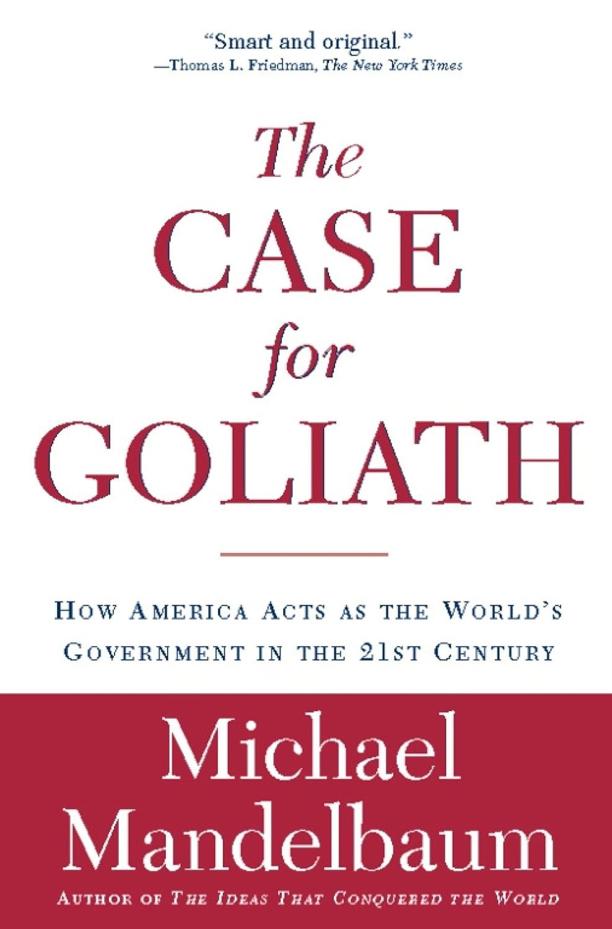
The Case for Goliath
How America Acts as the World's Government in the
Michael Mandelbaum
The book analyzes the role of the United States in global politics, arguing that it functions as a de facto world government by providing public goods such as security, economic stability, and political order. It examines the benefits and drawbacks of this role, both for the U.S. and for the international community.
See full summary
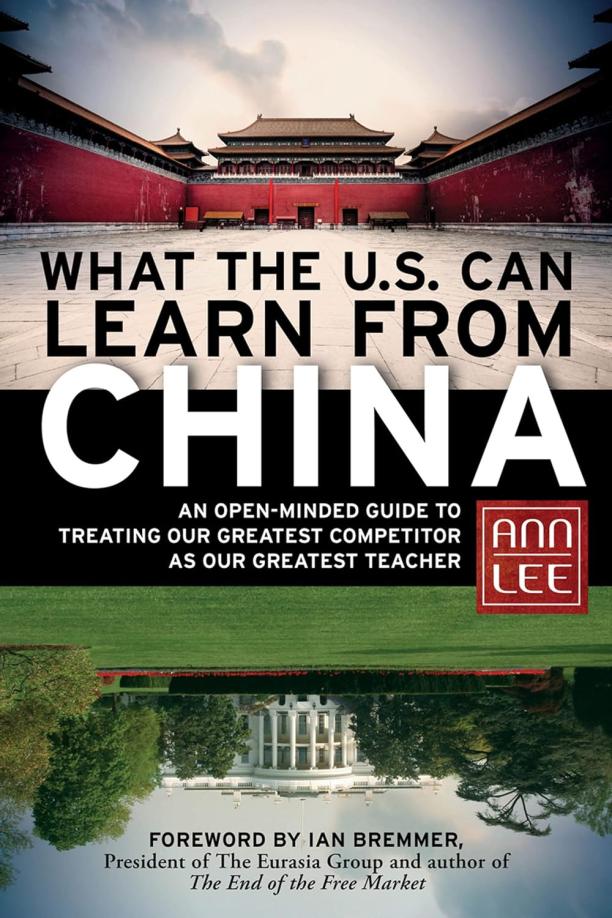
What the U.S. Can Learn from China
An Open-Minded Guide to Treating Our Greatest Competitor as Our Greatest Teacher
Ann Lee
The book explores the various policies and practices that have contributed to China's rapid economic and social development, suggesting that the United States could benefit from understanding and potentially adopting some of these strategies. It delves into topics such as education, infrastructure, political governance, and economic management, advocating for a more open-minded approach to international learning and cooperation.
See full summary
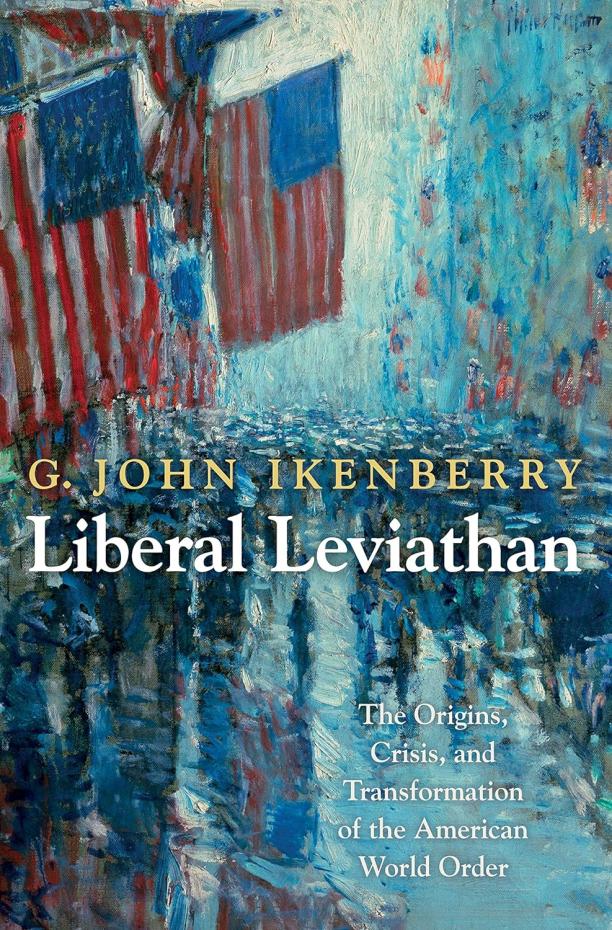
Liberal Leviathan
The Origins, Crisis, and Transformation of the American World Order
G. John Ikenberry
The book examines the rise of the United States as a world power and the liberal international order it helped establish post-World War II. It discusses the challenges and potential transformations facing this order in the face of rising powers and internal political shifts.
See full summary
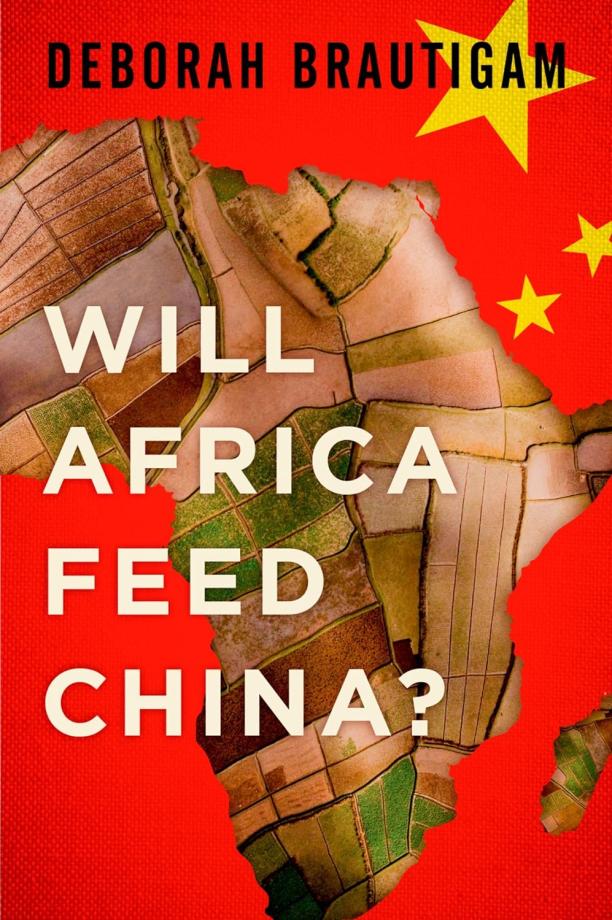
Will Africa Feed China?
Deborah Brautigam
The book critically examines the widespread belief that China is buying up vast tracts of African farmland to secure food for its own population, debunking myths with empirical evidence. It explores the real drivers of Chinese investment in African agriculture, which are more about business and development than neo-colonial exploitation.
See full summary
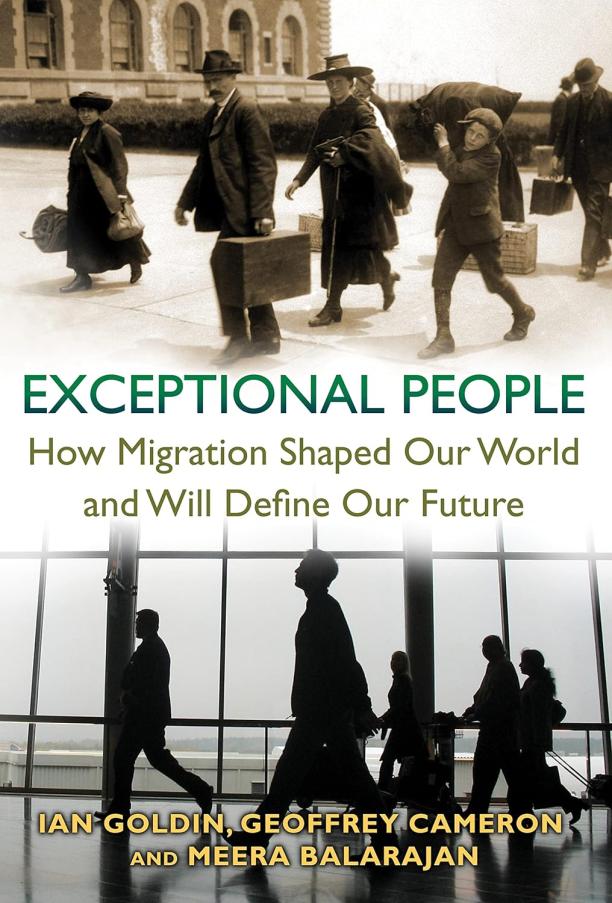
Exceptional People
How Migration Shaped Our World and Will Define Our Future
Ian Goldin|Geoffrey Cameron|Meera Balarajan
The book explores the historical impact of human migration on global development, economies, and cultures, arguing that migration has been a key driver of progress. It also discusses the potential future benefits and challenges of migration in an increasingly interconnected world, advocating for policies that harness the positive effects of migration while mitigating its downsides.
See full summary
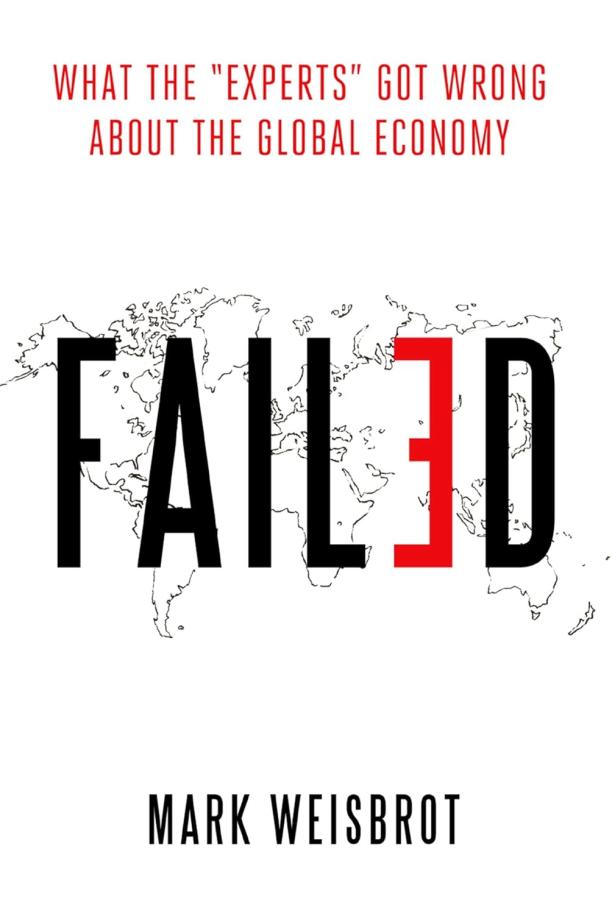
Failed
What the "Experts" Got Wrong about the Global Economy
Mark Weisbrot
The book critiques the policy recommendations of economists and international financial institutions, arguing that their advice often leads to economic failure, particularly in developing countries. It examines case studies, such as the Eurozone crisis and Latin American economies, to highlight the consequences of flawed economic policies and the need for alternative approaches to promote growth and reduce poverty.
See full summary